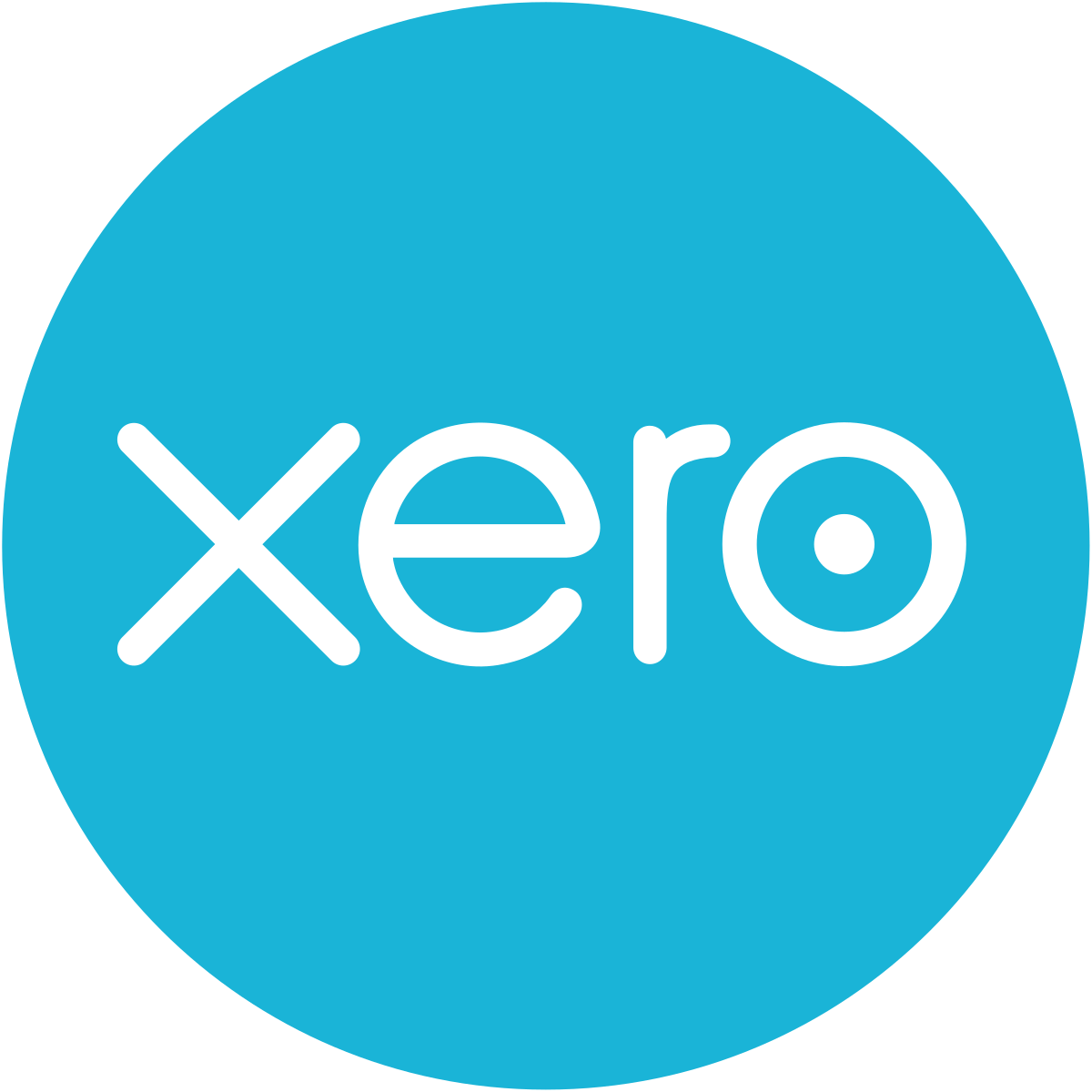Have you ever just wondered how long to keep self-assessment records for? If you have, you’re already ahead of the game.
If so, you’re asking the right questions. Many business owners know they need to complete their self-assessment return for the January deadline, but not everyone is aware they need to keep their records afterwards.
The simple fact is, keeping regular records that detail your finances throughout the year will save you hours of stress and panicked phone calls to your accountant.
In today’s post, we’ll examine how long you need to keep your records and how you can make the process easy.
How long do I need to keep my self-assessment records?
At least five years after the 31 January submission deadline of the relevant tax year.
For example:
If you sent your 2021/2022 tax return online by 31 January 2023, you must keep your records until at least the end of January 2028.
And there are slightly different rules for very late tax returns. For example, if you submit them more than four years after the deadline, you must keep your records for 15 months after you file your tax return.
And if your accounting records are lost or stolen, don’t worry. You can provide estimated or provisional figures. Obviously, you need to let HMRC know this is the case while you’re putting together your self-assessment tax return.
What records do I need to keep as a UK business?
You’ll need to keep records of all your earnings, income and expenditure, sales, as well as costs and expenses as a sole trader.
These will form the bulk of your self-assessment tax return and allow you to pay any tax owed, so it’s important to ensure they’re accurate. HMRC can ask to check your records as proof of the figures entered in your tax returns.
You don’t need to submit your complete financial records to HMRC — the self-assessment tax return is their summary. HMRC will use this data to ascertain how much tax you owe once all the various allowances and tax reliefs are accounted for.
How you keep these financial records as a sole trader is pretty much up to you. If you want to keep them on paper or through a spreadsheet, you still can. With Making Tax Digital for income tax self-assessment (MTD for ITSA) on its way in 2026, however, professionals like ourselves would always advise moving onto an online platform as soon as possible.
MTD is the Government’s method for digitising the UK tax system and will mean quarterly reporting for sole traders once it’s in effect.
From April 2026, you’ll need to keep digital business records and file your returns through software if your turnover is more than £50,000 a year. If you’re already using MTD-compliant software, you’re one step closer to being ready for this change when it comes around.
MTD is already compulsory for VAT, so if you’re VAT-registered you’ll be used to digital record-keeping and reporting under the scheme.
Talk to an expert
Funnily enough, self-assessment tax returns cause business owners stress every year, even though they know they’re coming.
But simply chatting with a pro like us could eliminate that strain. We’ve helped loads of owner-managers make the most of their finances, learn about their responsibilities and reduce their tax bill.
And if you want to learn more about self-assessment, you’re in luck. Watch out for our next post: When are self-assessments due for submission?
Get in touch with us today to talk about your self-assessment tax return.

